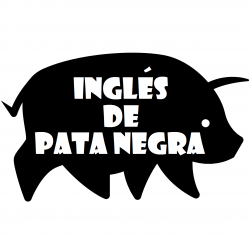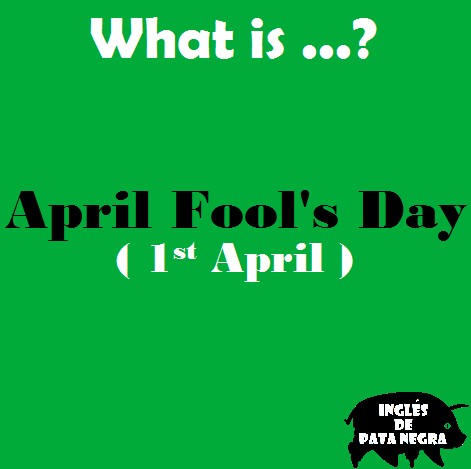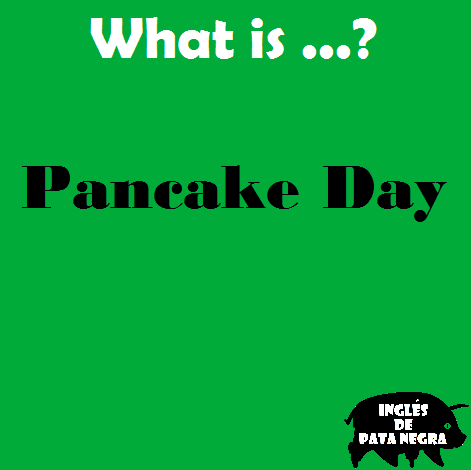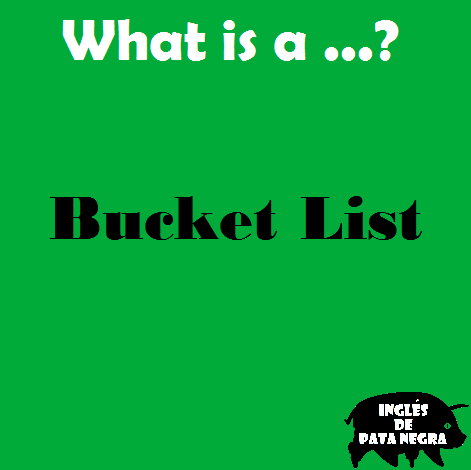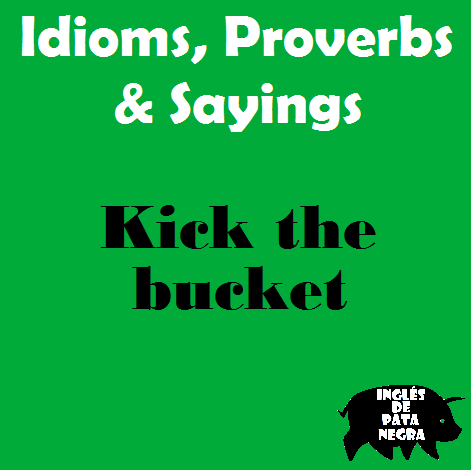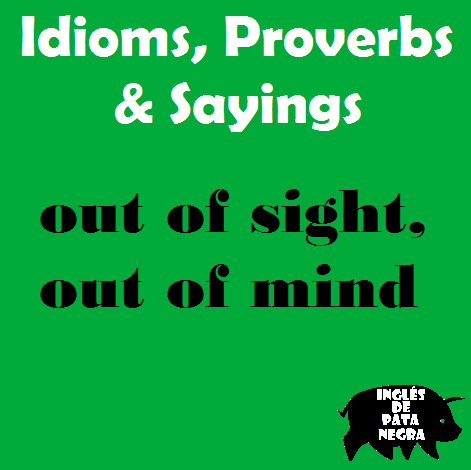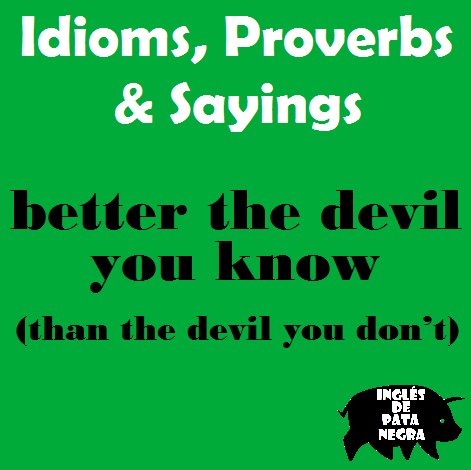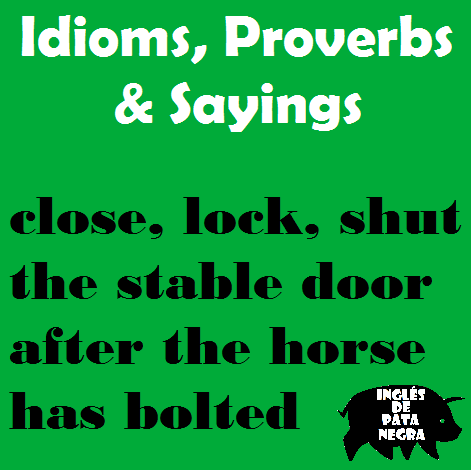Está lloviendo a cántaros:
The phrase might have its roots in Norse mythology, medieval superstitions, the obsolete word catadupe (waterfall), or dead animals in the streets of Britain being picked up by storm waters.
The first recorded use of a phrase similar to “raining cats and dogs” was in the 1651 collection of poems Olor Iscanus. British poet Henry Vaughan referred to a roof that was secure against “dogs and cats rained in shower.” One year later, Richard Brome, an English playwright, wrote in his comedy City Witt, “It shall rain dogs and polecats.” (Polecats are related to the weasel and were common in Great Britain through the end of the nineteenth century.)
In 1738, Jonathan Swift published his “Complete Collection of Genteel and Ingenious Conversation,” a satire on the conversations of the upper classes. One of his characters fears that it will “rain cats and dogs.” Whether Swift coined the phrase or was using a cliché, his satire was likely the beginning of the phrase’s popularity. Other British writers have employed less popular phrases, such as “it’s raining pitchforks” or “it’s raining stair-rods,” to describe the shaft-like appearance of heavy rains. But Swift’s phrase may have been memorable enough to stick in the mind of the public.
Swift also wrote a poem, “City Shower” (1710), that described floods that occurred after heavy rains. The floods left dead animals in the streets, and may have led locals to describe the weather as “raining cats and dogs.”
Why “cats and dogs”?
Again, we don’t know for certain. Etymologists—people who study the origins of words—have suggested a variety of mythological and literal explanations for why people say “it’s raining cats and dogs” to describe a heavy downpour. Here are some of the popular theories:
Odin, the Norse god of storms, was often pictured with dogs and wolves, which were symbols of wind. Witches, who supposedly rode their brooms during storms, were often pictured with black cats, which became signs of heavy rain for sailors. Therefore, “raining cats and dogs” may refer to a storm with wind (dogs) and heavy rain (cats).
“Cats and dogs” may come from the Greek expression cata doxa, which means “contrary to experience or belief.” If it is raining cats and dogs, it is raining unusually or unbelievably hard.
“Cats and dogs” may be a perversion of the now obsolete word catadupe. In old English, catadupe meant a cataract or waterfall. A version of catadupe existed in many old languages.In Latin, for example, catadupa was borrowed from the classical Greek κατάδουποι, which referred to the cataracts of the Nile River. So, to say it’s raining “cats and dogs” might be to say it’s raining waterfalls.
A false theory stated that cats and dogs used to cuddle into thatch roofs during storms and then be washed out during heavy rains. However, a properly maintained thatch roof is naturally water resistant and slanted to allow water to run off. In order to slip off the roof, the animals would have to be lying on the outside—an unlikely place for an animal to seek shelter during a storm.
Text source: https://www.loc.gov/rr/scitech/mysteries/rainingcats.html

